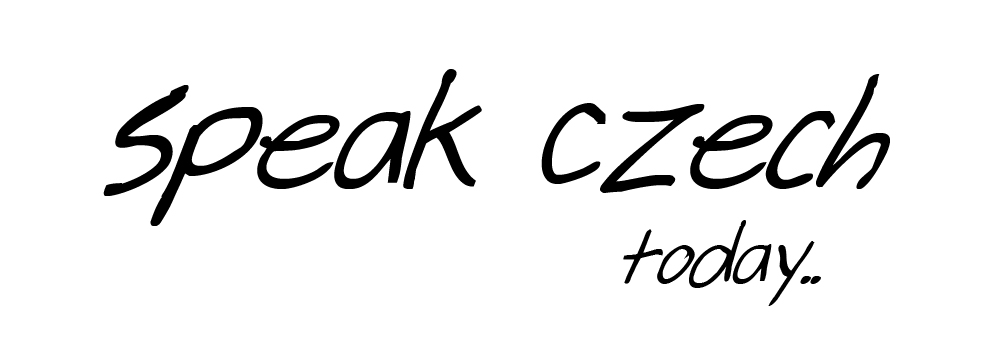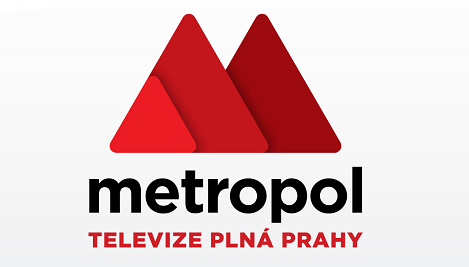here's my new video about Czech vowels and special Czech vowels. I hope you will like it!
.
sobota 29. června 2013
Czech vowels & Special letters
Ahoj students of Czech language,
here's my new video about Czech vowels and special Czech vowels. I hope you will like it!
here's my new video about Czech vowels and special Czech vowels. I hope you will like it!
úterý 25. června 2013
Czech language: Soft (i) and hard (y)

Ahoj všichni, jak se máte?
Today I am going to show you just a few examples when you need to use soft or hard iy in the verbs in the past tense. Do not worry, it's really simple and easy to understand.
Ženy CHODILY do obchodu nakupovat oblečení - Women went to the store to buy clothes
Muži ZPÍVALI národní hymnu - Men sang the national anthem
Ženy vařily - Muži vařili
Ženy se sprchovaly - Muži se sprchovali
Ženy něco potřebovaly - Muži něco potřebovali
Ženy uklízely - Muži uklízeli
Note that -the woman- is always with hard y (or in Czech we call this letter hard y)
Conversely, men have at the end of the verb always soft i
Do you know how to easily remember these rules? It sounds funny, but it can help you through this very simply derive :)
How are the women? Hard! (Meant strong)
How are men? Soft! (Meant not strong)
čtvrtek 20. června 2013
Czech Republic Weather - 33°C in the shade!
O můj bože! (Oh my god!). It's three o'clock in the afternoon and we have 33°C in the shade. I suppose that on the sun in around forty degrees..I read yesterday in the news that in the Czech Republic was the warmest day in Europe, even more than in Spain or Italy. Czech Republic is really hot country, but all we need is sea and palms :)
If you travel to the Czech Republic, do not forget to bring your sunscreen! :)
If you travel to the Czech Republic, do not forget to bring your sunscreen! :)
Sunscreen - Opalovací krém
středa 19. června 2013
Learn Czech language: Is Czech difficult for you?
You may know that every second Czech word can be derived from something and that's why I always say that the Czech language very simple. Really. Czech language has one big advantage - written text is the same as the spoken text. I mean, for ex. in Swedish language you do not read the word nurse "sjukskoterska" how you see it on your screen, but "chujukvoteška". In Russian, you can't say "Russia", but "Rasýja".
Well, back to the point. How I said, every second-third Czech word can be derived from something else.
I will show you a few examples for better understanding.
Well, back to the point. How I said, every second-third Czech word can be derived from something else.
I will show you a few examples for better understanding.
The verbs
To can - Umět
To jump - Skákat
To fish - Rybařit
To listen - Poslouchat
To drink - Pít
Nouns
Art - Umění
Jump - Skok
Fish - Ryba
Hearing - Sluch
Drink - Pití
_______________________
Umět - Umění
Skákat -Skok
Rybařit - Ryba
Poslouchat - Sluch
Pít - Pití
________________________
Learn Czech language with TV!
Ahoj, hello, hallo, привет!
It's been quite a long time since I have not written any new article. I wonder every day how to efficient and faster learn a foreign language. I know it's an old thing, but the TV is the best teacher, you know. There are not so much televisions that you can watch for free on the internet, so I am bringing you some useful links. I hope that you will appreciate it and if you have any question, contact me on my email or comment this article.
Naviděnou! :)
By clicking on picture you will be redirected..
Přihlásit se k odběru:
Příspěvky (Atom)







